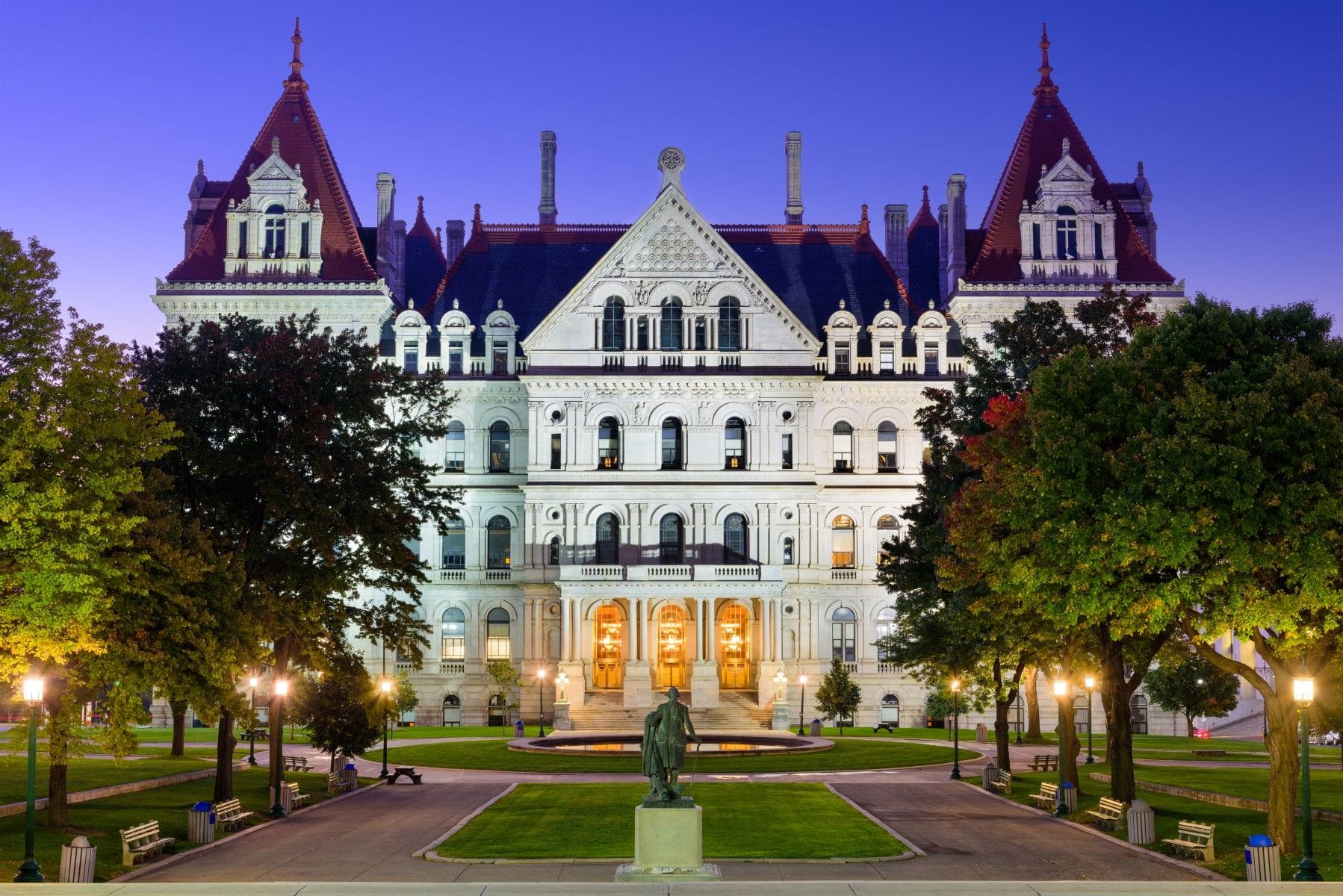New York Expert Witness Admissibility Rules
New York's expert witness admissibility hinges on specific standards ensuring reliability and relevance, requiring careful preparation and understanding by attorneys.
Updated on
In this article
Overview of Expert Witness Admissibility in New York
Expert witness admissibility in New York is governed by a combination of statutory rules and case law designed to ensure that only reliable and relevant expert testimony reaches the jury. The primary aim is to assist the trier of fact in understanding the evidence or determining a fact in issue. New York courts employ specific standards to scrutinize the qualifications of an expert, the relevance of their testimony, and the reliability of the underlying methodology.
Is New York a Daubert or Frye State?
New York adheres to the Frye standard, originating from the 1923 case Frye v. United States. Unlike the federal Daubert standard, which emphasizes the trial judge's gatekeeping role under Rule 702 of the Federal Rules of Evidence, Frye focuses on whether the expert's methodology is generally accepted in the relevant scientific community. The New York Court of Appeals confirmed this approach in People v. Wesley, 83 N.Y.2d 417 (1994), emphasizing that the critical inquiry is the scientific principle's general acceptance, not the expert's conclusions.
Understanding New York Civil Practice Law and Rules (CPLR) 4515
New York's CPLR 4515 specifically addresses the testimony of experts. This rule requires that the expert present facts and data in a form that is reasonably relied upon by experts in the particular field. The expert's opinion must be based on facts in evidence, and they must be able to demonstrate the principles and methods applied to the case at hand. Notably, CPLR 4515 enforces the necessity for an expert to qualify their testimony by establishing a foundation that is credible and relevant to the dispute.
Factors Courts Consider When Admitting Expert Testimony in New York
When admitting expert testimony, New York courts evaluate several critical factors:
- Qualifications of the Expert: The court assesses whether the individual has the necessary education, skills, and experience to be deemed an expert in their field.
- Relevance and Helpfulness: The testimony must be pertinent to the case and should aid the jury in understanding complex issues.
- Reliability of Methodology: Consistent with the Frye standard, the method used by the expert must be widely accepted in the relevant scientific community.
- Foundation and Factual Basis: The expert must base their opinion on facts that are either in evidence or are of a type reasonably relied upon by experts in the field.
These factors collectively ensure that expert testimony is not only relevant but also reliable, thus facilitating fair decision-making.
Common Challenges to Expert Admissibility in New York
Challenges to expert admissibility in New York often focus on the methodology's acceptance and the expert's qualifications. Common grounds for challenge include:
- Lack of General Acceptance: Opponents may argue that the methodology does not meet the Frye standard of general acceptance within the scientific community.
- Inadequate Qualifications: The credentials of the expert might be disputed, questioning whether they possess the requisite expertise.
- Speculative Testimony: Courts may exclude opinions based on conjecture or insufficient data.
- Improper Foundation: The testimony may be challenged if the expert fails to establish a solid evidentiary basis for their conclusions.
Practical Tips for Attorneys Practicing in New York
For attorneys navigating expert witness admissibility in New York, several strategies can enhance the likelihood of success:
- Thorough Vetting: Ensure that your expert's credentials and experience align with the requirements of the case and withstand scrutiny.
- Pre-Trial Motions: Consider filing motions in limine to address potential challenges to expert testimony before trial begins.
- Foundation Building: Meticulously prepare to establish a robust foundation for your expert's testimony, ensuring their methods are aligned with Frye standards.
- Cross-Examination Readiness: Be prepared to defend against challenges by thoroughly understanding the expert's methodology and the basis of their opinions.
- Staying Updated: Keep abreast of recent case law and developments in expert witness admissibility to anticipate and counter emerging challenges effectively.
In conclusion, expert witness admissibility in New York demands a precise understanding of the Frye standard and CPLR 4515. By focusing on general acceptance, relevant qualifications, and proper methodology, attorneys can effectively navigate the complexities of expert testimony in the state.


